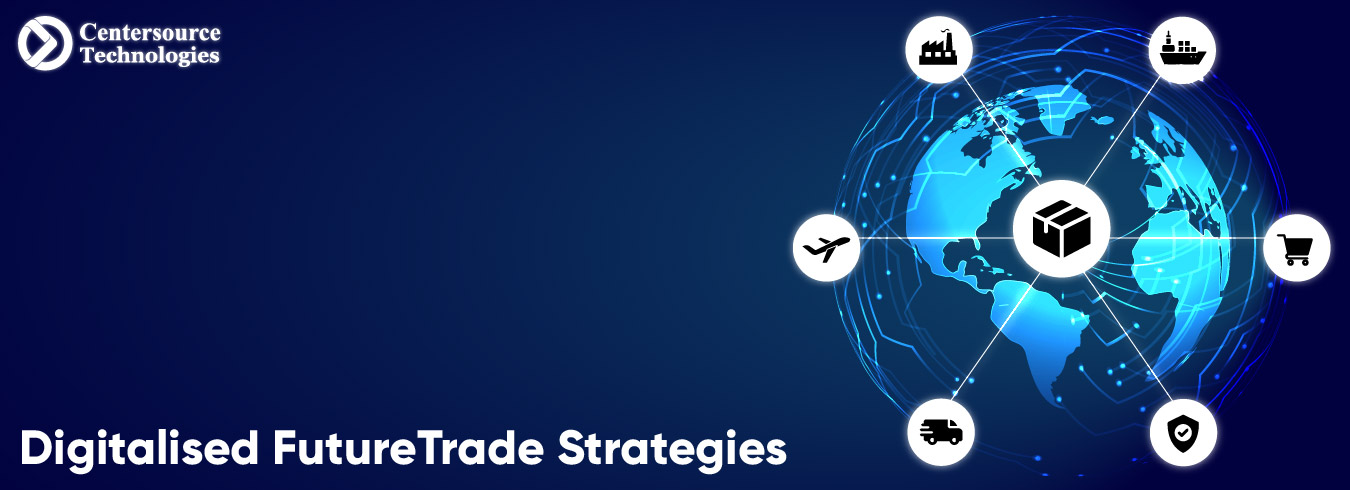

Digital procurement will automate many repetitive tasks in order to cut costs and increase efficiency in the near future. Sourcing strategies and many high-level decisions will be increasingly based on analysis of data that is conducted by artificial intelligence. A common belief is that operational jobs will suffer more than jobs of a strategic nature as machines and software get smarter, but there is no consensus on that in the scientific community and many factors are actually pointing to the contrary. There is some consensus though, that specific company functions such as procurement, exporting, sales and operational planning are limited by people's cognitive abilities, but in the future, everything will be better aligned - even to the degree that those functions no longer can be expressed as “specific” since everything is connected and therefore should be considered in the entirety. There is, however, a long way to go before this is realized.
Many new digital supply chain managements (SCM) technologies are appearing and already existing technologies are evolving and improving rapidly. It is also safe to say that the coronavirus pandemic has acted as a catalyst for accelerating the development and adaptation of digital technologies even more in industries worldwide. In the outbreak stage of the pandemic many vulnerabilities in sourcing strategies and other SCM related activities surfaced, and those problems are now being addressed around the globe.
Many companies are struggling with global trade management and its related complexities in administration, coordination and communication. The complexity in managing global trade and logistics actually act as a deterrent for many players to explore new markets or maintain trade with markets that have implemented new policies, like Egypt has with the ACI system. It is only a matter of time before other countries will follow and it is safe to say that those who will be prepared can greatly benefit.
In global trade and logistics, the arrow of time and change points to the direction of an homogenous and automated environment of trade and logistics. Digital technologies are paving the way of this change and there is undoubtedly a long way to go before a seamless end-to-end SCM solution is realized - until it is, all companies that are trading globally will need to cope with the difficulties and take effective change management into practice to stay competitive.
Procurement needs to act proactively on this trend just as well as all other key functions in any company. Like all major changes it will, to some extent, be a leap into the unknown and therefore it will be key to scrutinize today’s strategies and outline tomorrow’s in order to have a clear vision to hold on to in the digital transformation that this is a matter of.
Centersource Technologies has built a platform where buyers, sellers and forwarders collaborate more efficiently via automated processes. The platform is a shared workspace to coordinate and communicate all processes from business inquiry at the exporter until the goods have arrived at the place of destination. The platform provides ocean freight visibility and trade visibility overall. The platform also has incorporated more than 80 smart tools where a few are dedicated to ensure deal process quality and compliance to prevent expensive misunderstandings and mistakes. A part of the idea of this “supply chain collaboration environment” is to put everything in one place, and to meet that vision Centersource has for instance integrated the service to grant ocean freight visibility to its registered users. On top of this our users can arrange freight, access an open marketplace for goods, get access to industry relevant news, statistics and lots of analytics - all in one place.
Subscribe to our mailing list to get the updates to your email inbox
Copyright © 2025 Centersource Technologies AB, All rights reserved.
